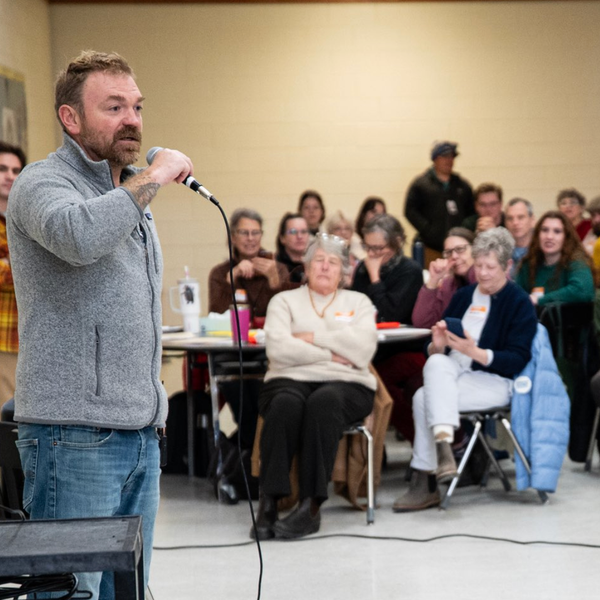In a landslide 141-4 vote, the Maine House of Representatives voted Tuesday to advance bill LD 718, which would require special labeling for seeds and foods made with genetically modified (GMO) ingredients.
The Bangor Daily News reports that during debate there was "little disagreement" about the importance of GMO labeling.
"The consumers have a right to know," said Rep. Craig Hickman, D-Winthrop. "The people want to know what's in their food, and they want to be able to make a choice that's right."
As supporters of the bill celebrate, they are also braced for what they say is an inevitable battle between the wishes of the people and Ag Giant Monsanto, who has already threatened to sue states that pass similar labeling laws.
"You're challenging a biotech industry that's operated on the basis of throwing their weight around," said Rep. Lance Harvell (R-Farmington), who sponsored the bill. "Somebody once said that Monsanto isn't a seed company, it's a law firm that makes seeds."
Jim Gerritsen, president of the Organic Seed Growers and Trade Association (OSGATA), believes the state is in "excellent position" to combat any legal challenges. What they are promoting is "factual, uncontroversial information which is valid for state interest."
He added that Mainers will "not be bullied" by out-of-state biotech firms, saying, "It's an outrageous abuse of the democratic process. For out-of-state trade groups to threaten a state acting in the best interest of its people, that is abuse."
The measure now advances to the state Senate, however, should it become law, the regulations will not take effect until five other contiguous states (or one state with a population of over 20 million people) enact similar labeling laws.
The New England state is one of a coalition of thirty-seven states currently mobilizing for GMO labeling. Of these, twenty now have legislation slated for introduction this year. Last week, Connecticut became the first state to require GMO labeling.
_____________________


